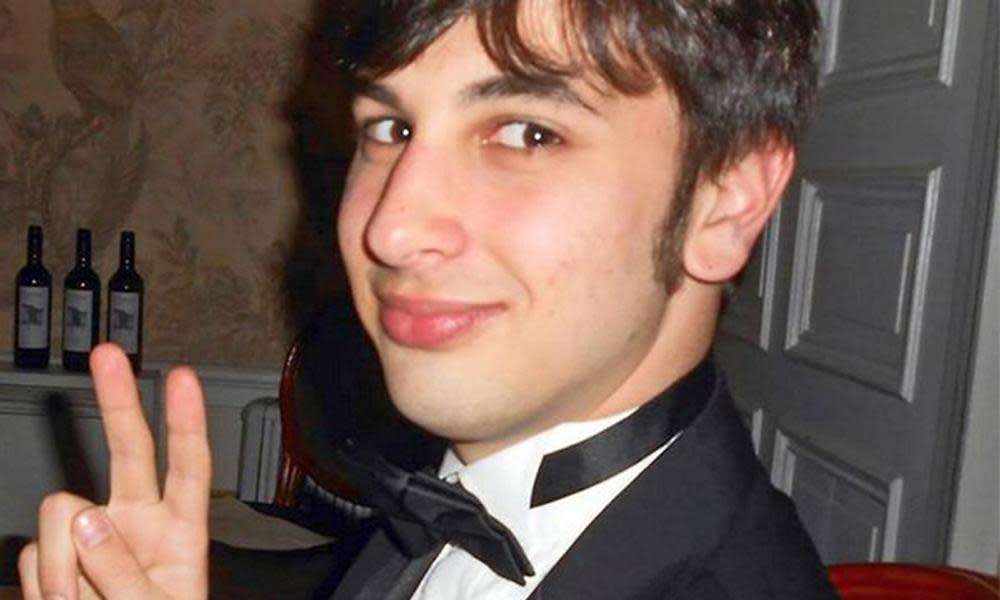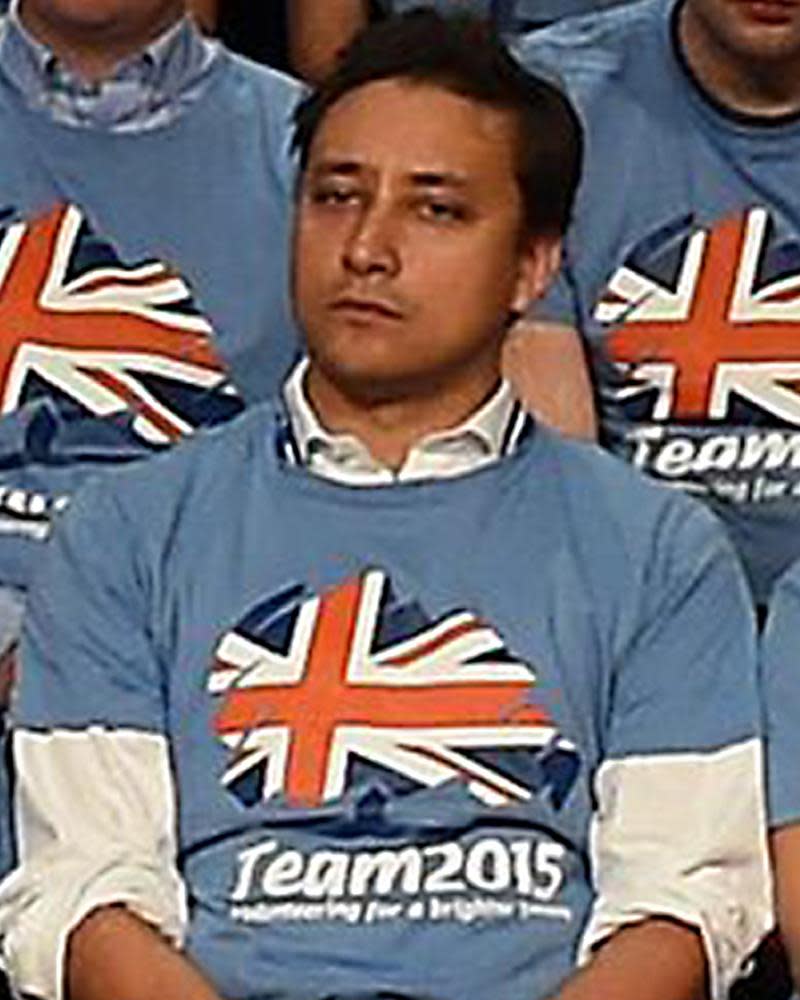Conservative party ignored police requests to hand over internal bullying report

The Conservatives have failed to hand over a report on allegations of bullying within the party to police despite repeated requests from detectives, it has emerged.
British Transport police (BTP) have asked the Tory party to disclose the full report on the bullying inquiry, which was launched after allegations were made against the former election aide and failed parliamentary candidate Mark Clarke.
Clarke was accused of bullying in a suicide note left by the Tory activist Elliott Johnson, who killed himself at the age of 21 in September 2015. Clarke has repeatedly denied all allegations levelled against him.
Johnson’s father, Ray Johnson, said he had received assurances from the Tory party chairman, Patrick McLoughlin, that the Conservatives would assist police with any investigations but later discovered the party had not responded to requests for the report.
A BTP spokesman confirmed requests for the report had been made but that officers had not yet received it. “We investigated the circumstances of Elliott Johnson’s death and prepared a report for the coroner. An inquest returned a verdict of suicide. If any new information is put forward to us in relation to this matter, we will of course consider it.”
The Conservatives published a summary of the inquiry findings in August. It revealed that the inquiry, conducted by the law firm Clifford Chance, had identified 13 alleged victims of Clarke, the so-called Tatler Tory, over a 20-month period, including six accusations of “sexually inappropriate behaviour”.
The report revealed that senior Conservatives, including David Cameron’s spin doctor Lynton Crosby and the former party co-chairman Lord Feldman, had raised concerns about Clarke’s conduct.
However the law firm found that senior figures, including Feldman, Crosby and Feldman’s former party co-chairman Grant Shapps, were not aware of Clarke’s alleged bullying of youth activists between January 2014 and August 2015.

Johnson wrote to McLoughlin demanding that the party release the full report but the request was refused on grounds of protecting the identity of witnesses who gave testimony.
In a letter to Johnson dated October last year, McLoughlin said: “Should we receive contact from the police regarding any investigation we would of course assist in any way we can.”
But in December last year, Johnson discovered the BTP had made two requests to the party for the full report and had not received a reply.
Johnson told the Guardian: “He told me he would help the police with requests and police have said he hadn’t given the report over.”
Johnson added: “Here’s a Tory party sitting on a vast amount of evidence collected from 60 activists and the Tory party won’t release it and it poses the question why. They don’t want to release it because there’s information in there that is damning to them and their senior members.”
Johnson said: “They’re a law unto themselves. They obviously think: they’re the overnment, they make the laws, they are the law.”
BTP did investigate allegations of assault and blackmail and in February 2016 interviewed a man under caution. However, no further action was taken.
A Conservative spokesman said: “We released as much of the report as was possible, bearing in mind that a commitment was made that the people who spoke to Clifford Chance could do so in confidence.
“At the outset, when the investigation was set up, we always said that the findings would be published in a way that protected potentially vulnerable young people. Witnesses were told that they could expect anonymity, and it would be wrong to renege on that now, by putting out details that could allow them to be identified.”

 Yahoo News
Yahoo News 
